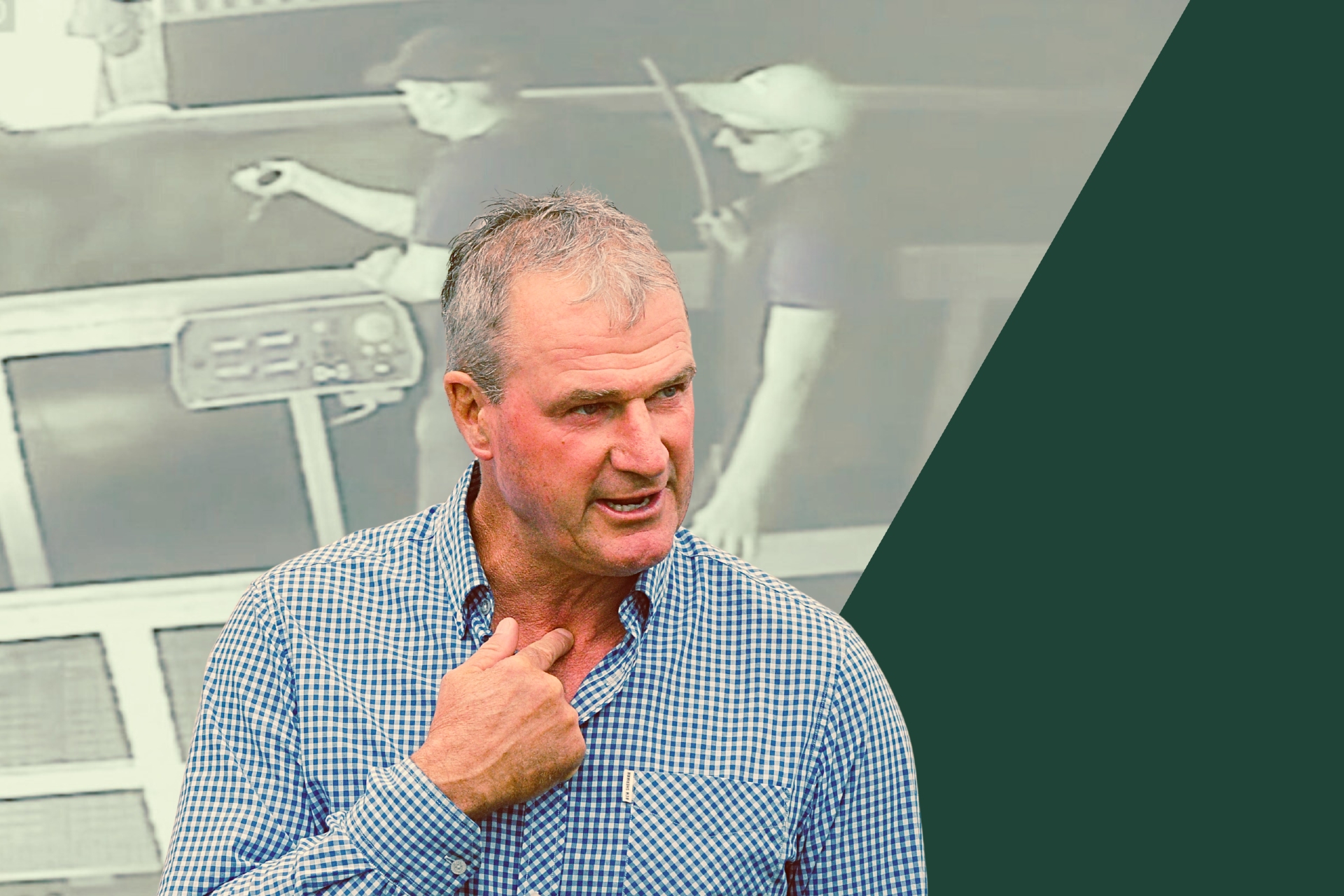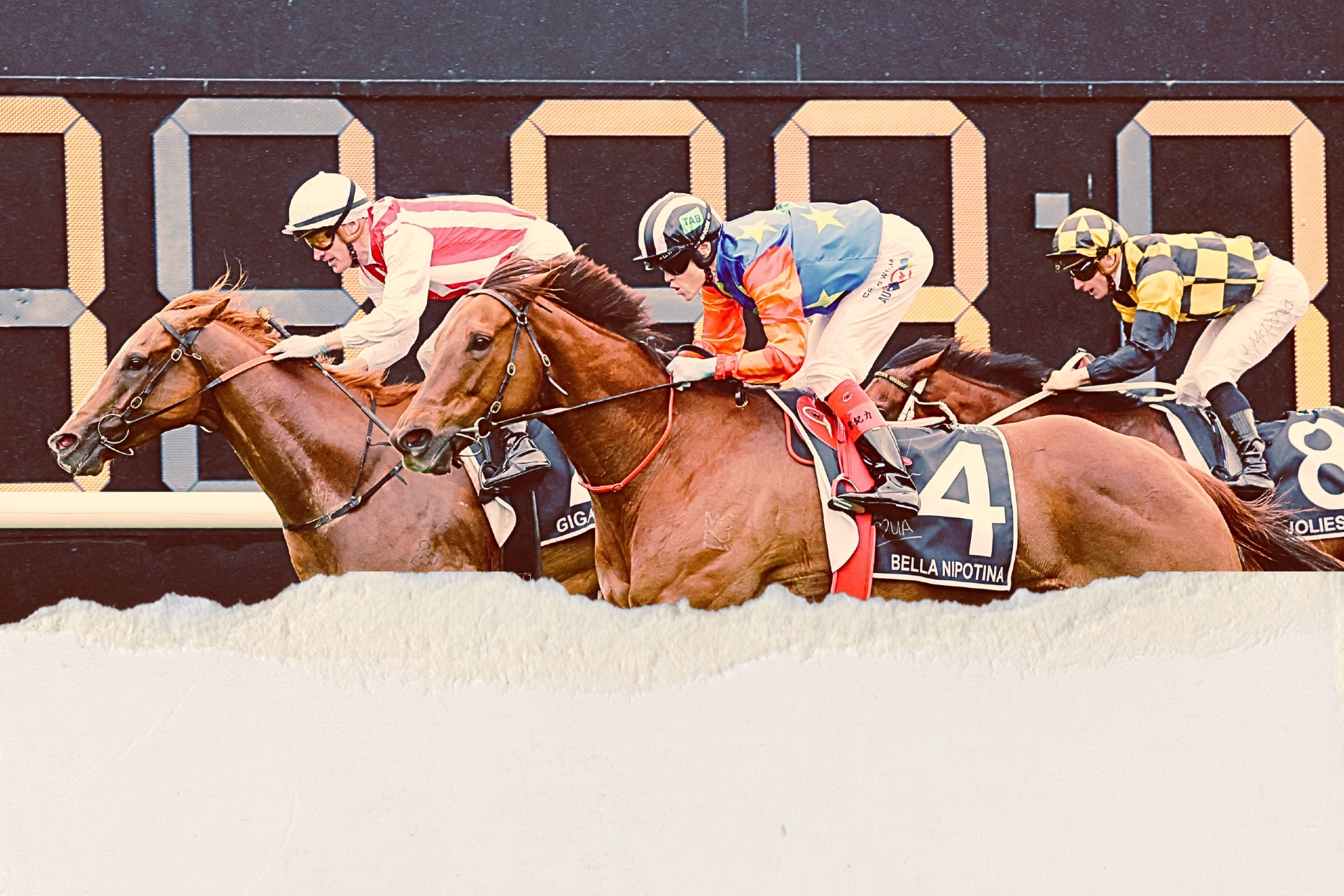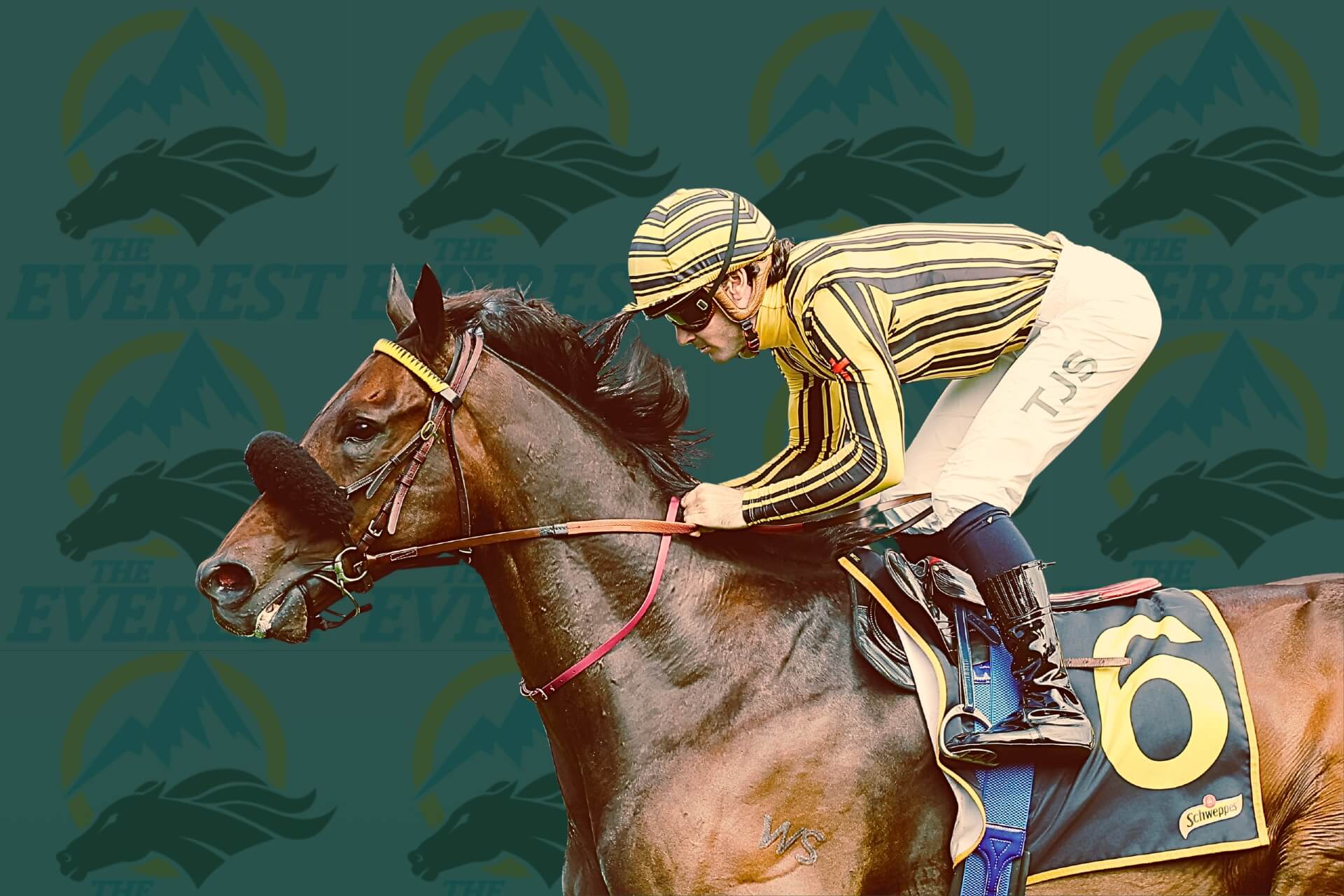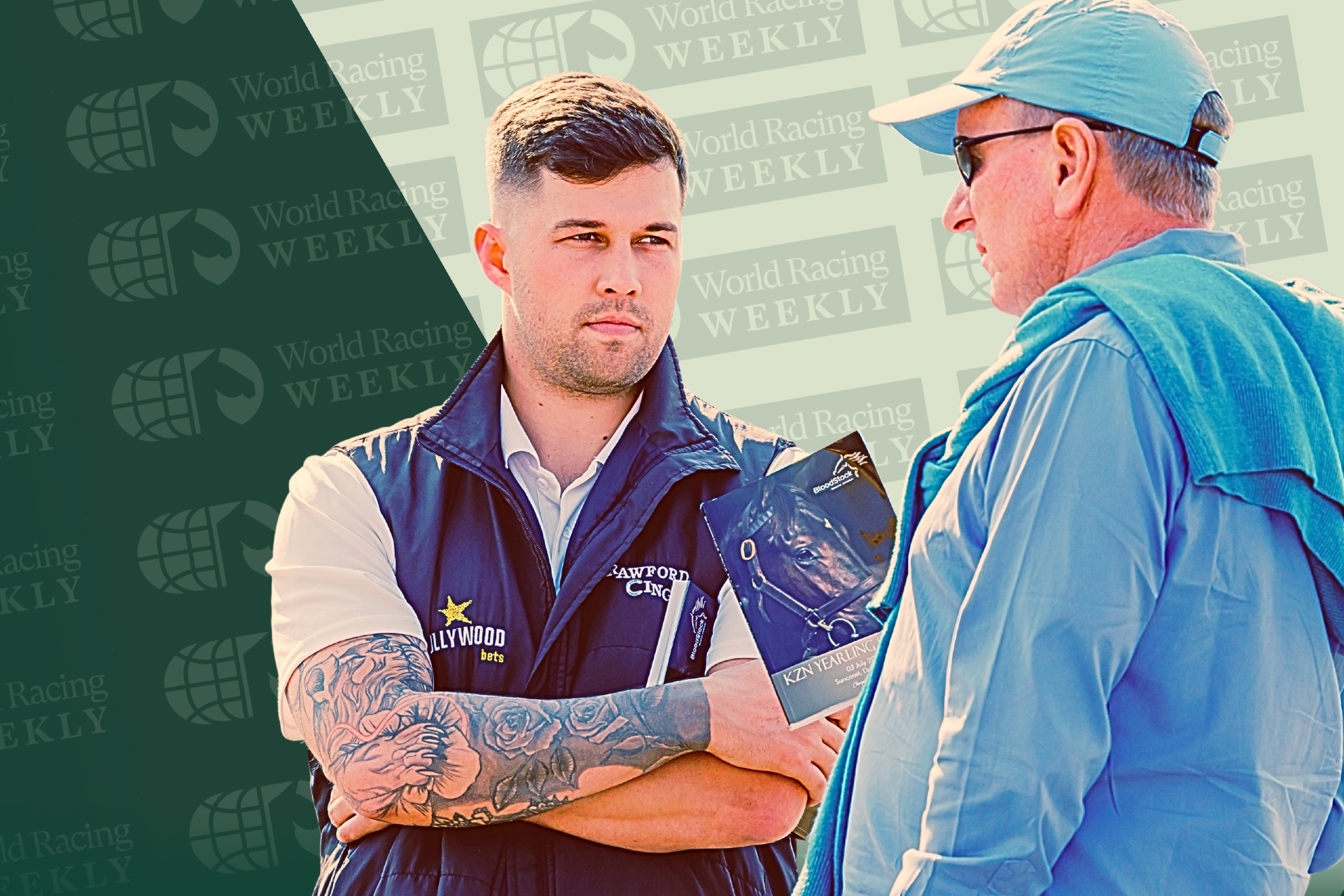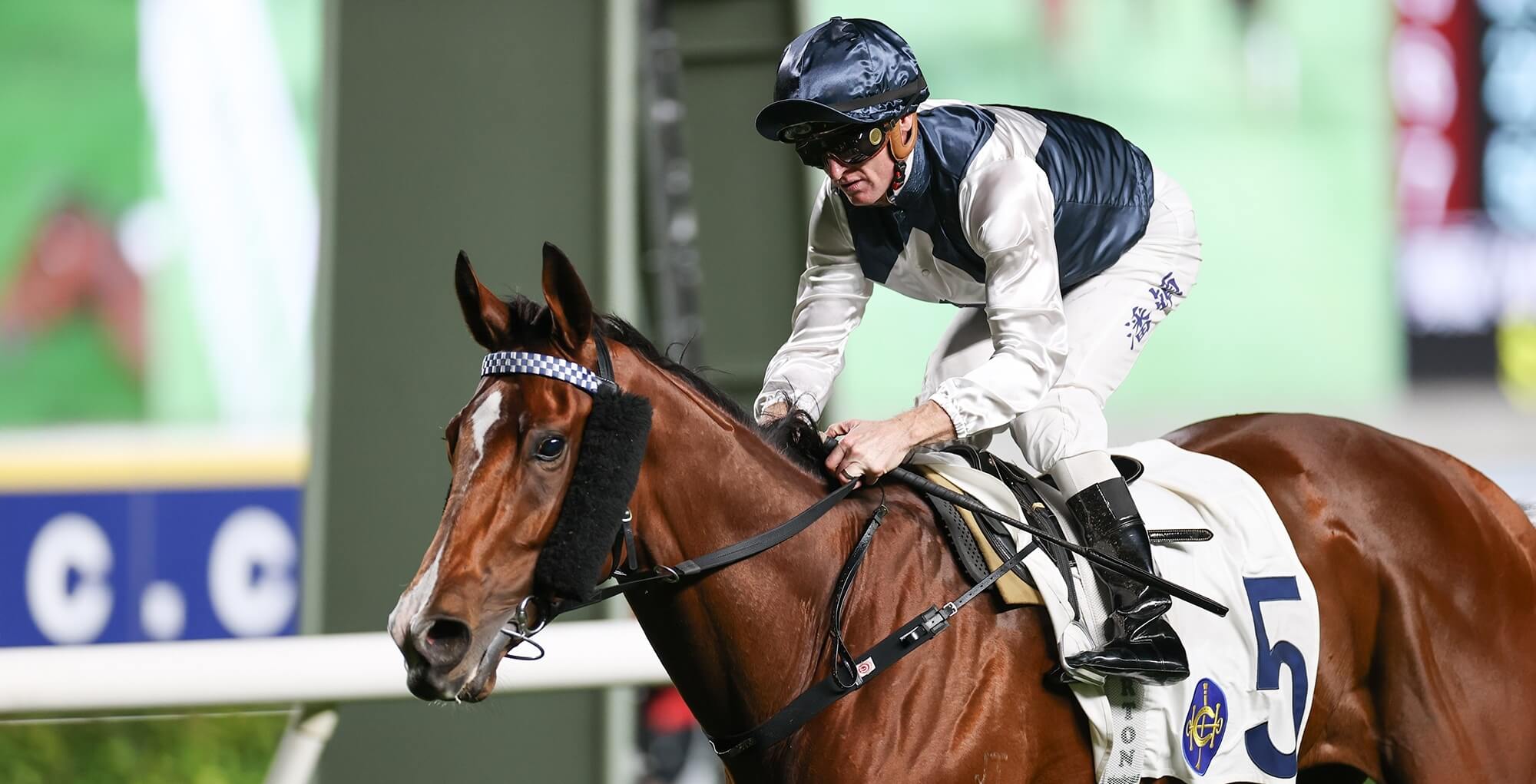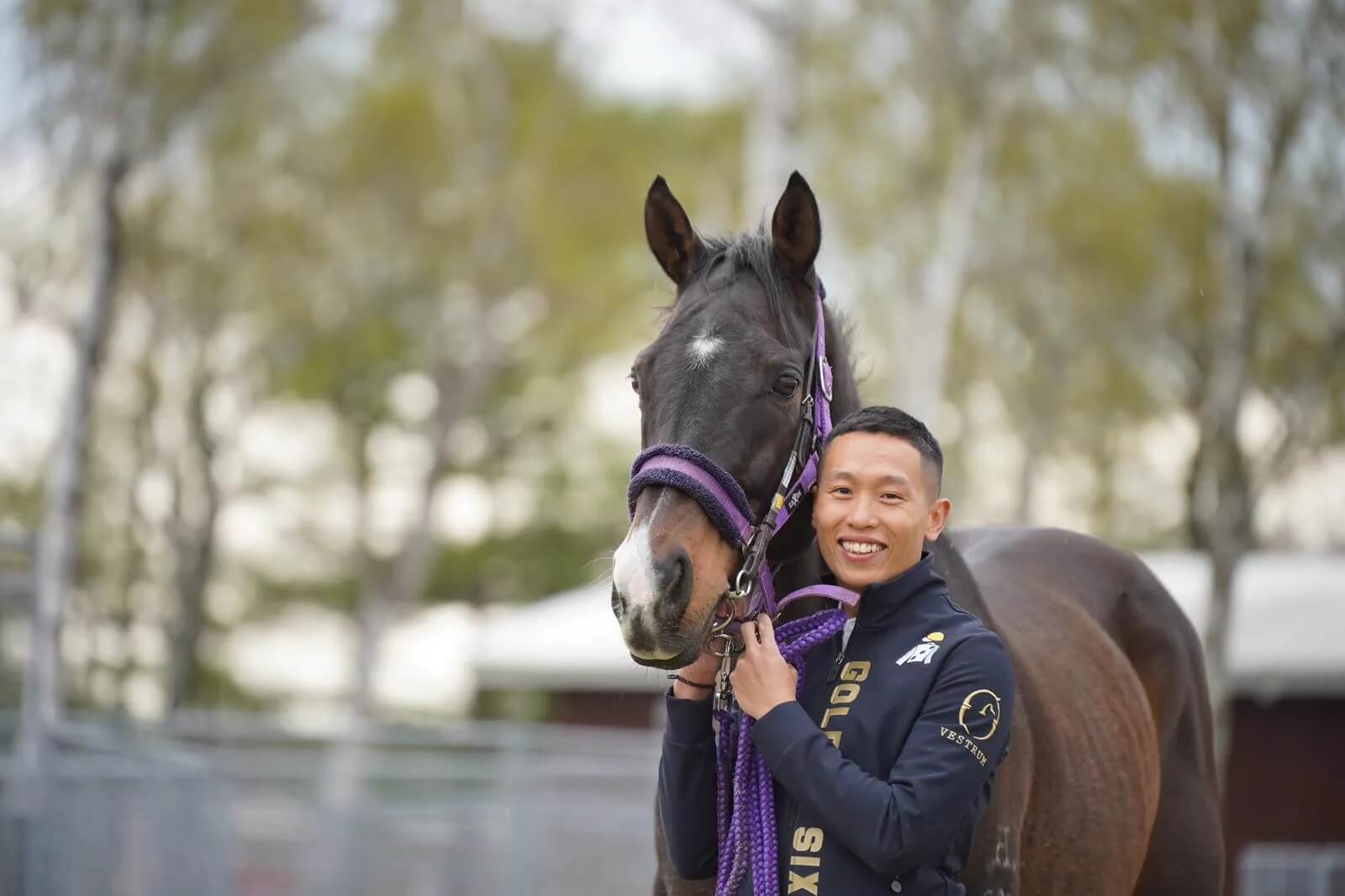If you don’t live there or just down the road at one of the neighbouring towns, you wouldn’t know of Berriwillock. It’s a century-old wheat farming town, and at last count its population was just under 200. Respectfully, it’s almost in the middle of nowhere in the Australian bush.
A little over a week after the Melbourne Cup, the town welcomed the “loving cup” in scenes which should have been straight out of a movie.
Berri’s favourite son, horse trainer Darren Weir, had masterminded one of the greatest heists in Melbourne Cup history when his unfancied 100-1 outsider Prince Of Penzance won under Michelle Payne, the first (and still only) female jockey to win Australia’s great race.
Weir was an immensely popular figure, partly because he never forgot where he came from.
He spoke with a bush twang, was more comfortable training for mum-and-dad owners than rich sheikhs or stud farms, loved to back his horses too, and when the first chance to take the Cup trophy to Berri came up, he hot footed it back to silo city where he was known as the most natural horseman on the Victorian side of the Murray River.
“He can make any horse do anything,” Weir’s dad Roy, also known as “Boss”, told the Herald Sun at the time.
In a little more than a month, it will be the 10-year anniversary of Weir’s historic Melbourne Cup triumph and you get the sense some will be happy if his name is airbrushed from the race’s history. They will gush about Payne and her glass ceiling moment, how no one gave the horse a chance, but will anyone mention Weir?
Weir hasn’t trained any racehorses in Australia for six years now and no one is certain if he ever will again.
In a dawn raid on one of his stables at the start of 2019, police and Racing Victoria stewards found four electronic devices, commonly known as “jiggers”, in a bedroom in a house on the property.
The apparatus has a long and unsavoury history in Australian racing, used in a desperate attempt to get an edge on rivals. Once applied to a horse, the electric shocks are meant to startle them to run faster. Weir was immediately disqualified for four years by Racing Victoria stewards for possession of the devices.
At the time, Weir was the quintessential Australian success story: a bushie done good, self made and the most prolific trainer in the country. But it’s been a long and sorry saga since then.
Weir faced drawn-out police prosecution on animal cruelty charges, admitting to using an electrical device on three horses – Red Cardinal, Tosen Basil and Yogi – in the lead-up to the 2018 Melbourne Cup, in which he was hoping to qualify the trio.
He was eventually fined $36,000 by the Australian courts but didn’t have a conviction recorded.
Jarringly, the court was shown a secret 15-minute surveillance video of Weir using the device on the horses, applying blinkers to them so when they were worn on racedays it would stimulate them to gallop quicker. Until this month, the only people who had seen the footage were those inside the courtroom.
But an application to the Victorian Racing Tribunal from media companies such as Nine, the publisher of The Age, and the Herald Sun for the release of the video proved successful.
It was quickly broadcast on television news and websites around the country, the stomach-churning images of Australian racing’s gargantuan trainer sending an electric shock through horses as they galloped on a treadmill to help them improve before the country’s biggest race.
So, is the release of the vision the end of Weir’s comeback hopes?
Can an industry which wages a daily highwire act to maintain its social standing ever welcome back a man who, if you thumb his name into Google, will immediately be seen sending an electric shock through a high-class racehorses?
As it stands, Weir is currently serving a further two-year disqualification from horse racing for admitting to the use of the electronic devices as per the criminal process, which was in addition to the four he already spent on the sidelines. His latest ban won’t expire until September next year.
Weir’s legal counsel told the court as he faced police charges, he “would like to get back to training eventually”. He was a beloved personality, and while understandably a large foundation of that support has diminished, he still has backers.
He has kept a resolute silence and low profile for more than six years, and has expressed remorse for his actions. If he does want to re-enter the Australian horse racing industry, his fate will be in the hands of the Racing Victoria board, one who tiptoes daily through the minefield of horse racing’s wavering acceptance with the general public.
In an interview with Idol Horse, Racing Victoria chief executive Aaron Morrison said “we strongly condemn Darren Weir’s actions and what he did”.
“When it originally happened, we called the conduct abhorrent and there was some strong language the chairman used … ‘a slap in the face to the thousands of people who do the right thing and care for horses’,” Morrison says. “That is our position, 100 per cent.”
But is there a way back for Weir?
“I can’t speak for future board decisions, but the public opinion has been pretty strong,” Morrison says. “When I say public, I mean people inside the industry as well as the general public. No one condones that activity whatsoever. There’s just no place for it.”
In the meantime, Weir will keep playing the waiting and wondering game, wishing the vision was never released.
His dad, in hindsight, was almost right. Weir thought he could make any horse do anything.
It might cost him any chance of salvaging a career. ∎
